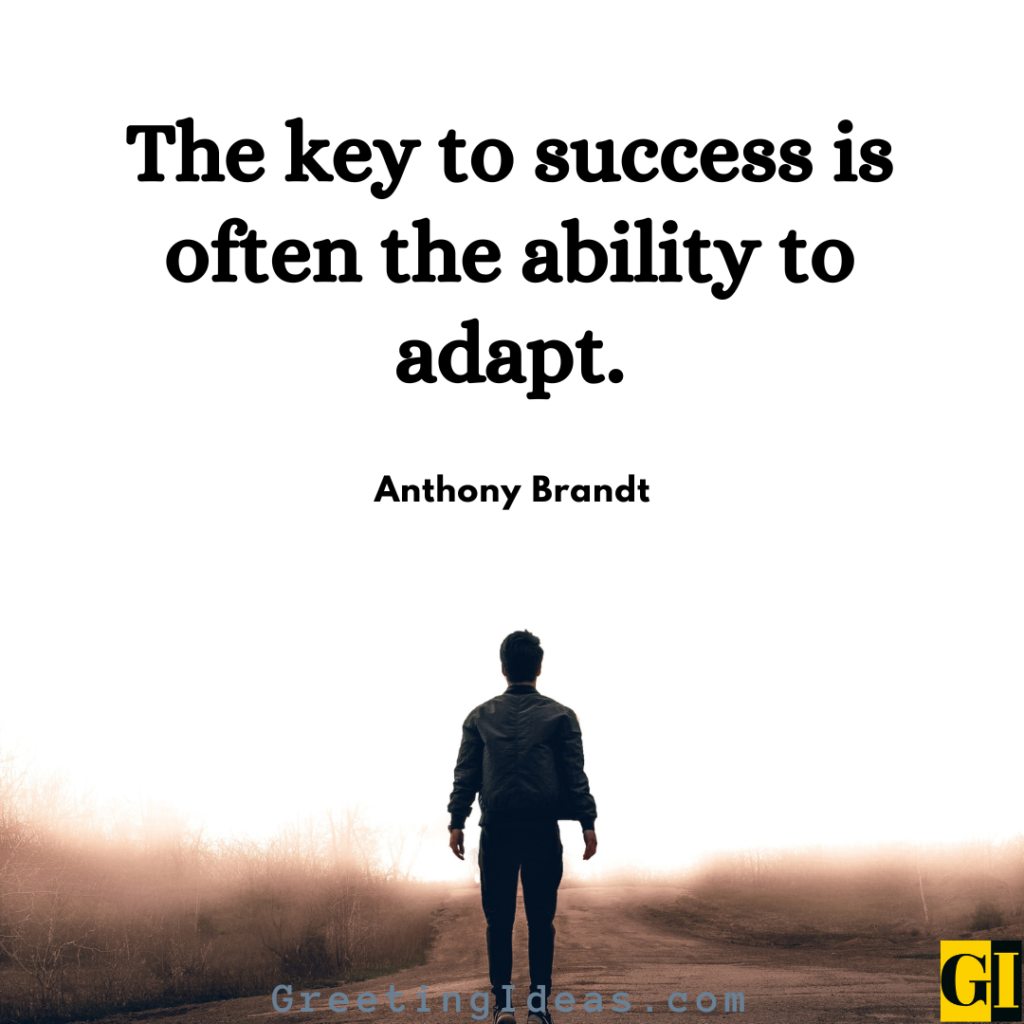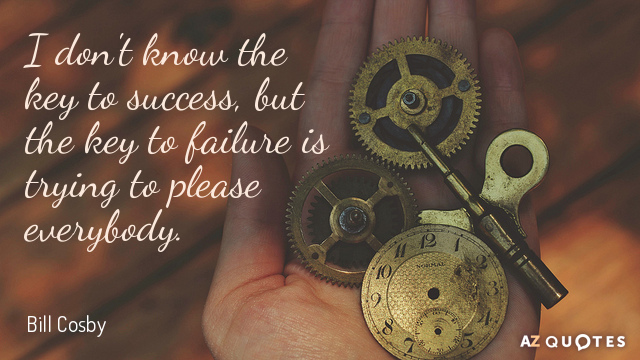Key To Success Quotes For Business

In the high-stakes world of business, where fortunes are won and lost on strategic decisions, many seek guidance from those who have navigated the treacherous terrain before. Snippets of wisdom, often distilled into concise and memorable quotes, are frequently cited as guiding principles for aspiring entrepreneurs and seasoned executives alike.
This article examines the enduring power of business quotes, exploring their origins, their impact on leadership and decision-making, and their potential to both inspire and, if taken out of context, potentially mislead.
The Allure of Concise Wisdom
Business quotes offer readily accessible frameworks for understanding complex challenges. These brief, impactful statements often encapsulate years of experience and hard-won knowledge from influential figures in the business world.
They are frequently shared during motivational talks, included in company newsletters, and even displayed prominently in office spaces. The Harvard Business Review, for instance, regularly features articles dissecting the practical applications of famous business quotes.
Iconic Quotes and Their Origins
Many popular quotes can be traced back to prominent business leaders. Henry Ford's famous quote, "Whether you think you can, or you think you can't – you're right," underscores the power of self-belief in achieving success.
Similarly, Steve Jobs's emphasis on innovation is captured in phrases like, "The only way to do great work is to love what you do." Such pronouncements offer a glimpse into the philosophies that shaped some of the world's most successful companies.
Warren Buffett's investment strategies are often summarized in quotes such as, "Be fearful when others are greedy and greedy when others are fearful." These pieces of advice provide insights into risk management and market analysis.
Impact on Leadership and Decision-Making
Business quotes can influence leadership styles and inform critical decision-making processes. Leaders often use these quotes to communicate their vision and inspire their teams to embrace certain values or approaches.
For example, a CEO emphasizing customer centricity might frequently cite Jeff Bezos's quote, "The most important single thing is to focus obsessively on the customer." This reinforcement can shape the company's culture and priorities.
However, experts caution against blindly adhering to quotes without considering the specific context. As Forbes contributor Glenn Llopis notes, "Quotes can be incredibly powerful, but they should be used as a starting point for deeper reflection, not as a substitute for critical thinking."
Potential Pitfalls
While inspirational, business quotes can also be misinterpreted or misapplied. What worked for one company or individual may not be suitable for another, given differing market conditions, company cultures, and strategic goals.
Over-reliance on generic advice without understanding the nuances of a particular situation can lead to poor decisions. A quote advocating aggressive risk-taking, for instance, could be disastrous for a company in a fragile financial position.
Furthermore, some quotes can be overly simplistic, ignoring the complexities of real-world business challenges. A balanced approach that combines wisdom from experienced leaders with careful analysis and critical thinking is crucial for success.
The Enduring Appeal
Despite the potential pitfalls, the allure of concise business wisdom remains strong. Quotes offer a sense of clarity and direction in a rapidly changing and often uncertain environment.
They provide a common language and a shared understanding of key principles, fostering a sense of community among entrepreneurs and business professionals. Ultimately, the effectiveness of business quotes lies in their ability to spark inspiration, encourage reflection, and guide action, but only when thoughtfully applied.
The true key to success lies not in blindly following famous words, but in adapting them to one's own unique circumstances and using them as a catalyst for informed and strategic decision-making.


















